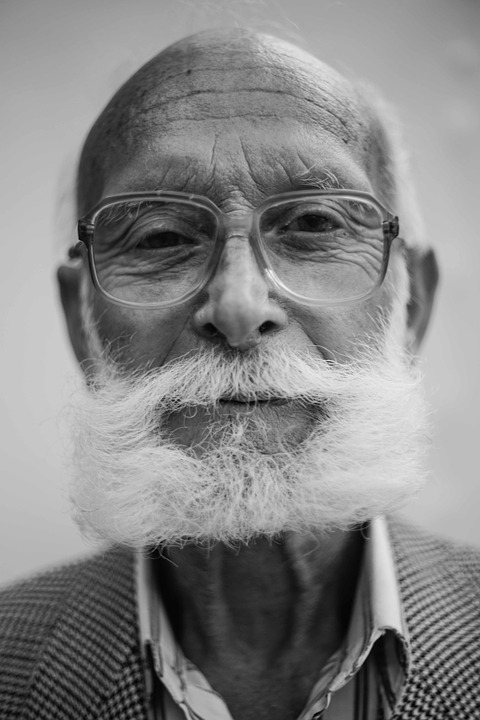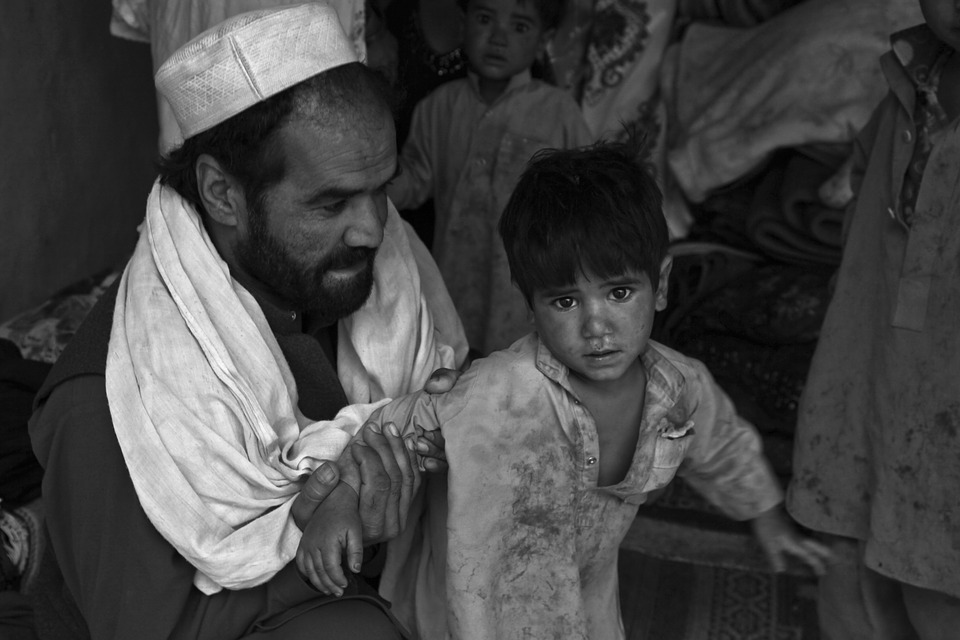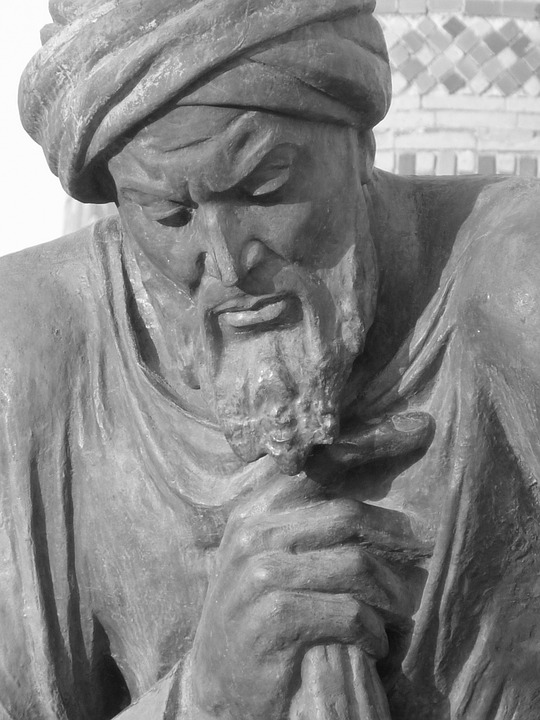
The year of 1973, I was a 7th grader. Ours was a school nestled in the hilly district of remote Bangladesh. Our class rooms were crammed, with boys and girls sitting in rows of wooden benches. Among the subjects we learnt were Math, Bengali, English, Geography, History and Religious education. During period of religious education, the students used to divide up according to their respective religions, Hindus studied Hindu scriptures, even an only one Christian student in the whole class studied Christianity and Muslims studied Islam, also known as “Islamiat” education.
Our Islamiat teacher was a simple down to earth man, a bespectacled thoughtful person whom we called Abu Bakr Sir. He wore scruffy beard on his face and his eyes were deep set with a sharp Aryan nose standing out in the middle of his cheek bones in a precise symmetrical formation as if a ridge of Andes mountain had risen out suddenly of the tectonic collision in the planes of Bolivia. He seemed to be always in a metaphysical world and while teaching us about the religion of Islam, he often veered off to the philosophy of religion.
One day, the topic of Islamic studies was Hajj, a pilgrimage to the holy sites in Mecca called Kaaba, considered to be first place of prayer in Islamic faith, established by Adam, the first man and the first prophet of mankind in Islamic faith. It is believed by the Muslims that this place of worship had been subsequently reclaimed and restored by Abraham, and his son Ishmael, who are also prophets in Islam. This is where Muhammad, the last prophet of Islam, performed his pilgrimage and who also took part in the renovation of this universal place of worship. Any Muslim, capable physically, mentally and financially is supposed perform this pilgrimage once in a life time. However conditional to this is that a Muslim before embarking on such a rite should have fulfilled his family’s need. By family, Islam does not mean only immediate family but members of the community.

To drive home the importance and meaning of Hajj pilgrimage, this day Abu Bakr Sir told us a story:
one day two close friends, who happened to be Muslims decided to perform Hajj. Once they resolved themselves to such an obligatory rite, their whole focus of life was to achieve this goal. The two friends performed all the necessary actions and collected all the provisions for their long journey and ensured provisions for their respective families during their absence. Having done so, they embarked on their journey, a path of irrevocability that no one can distract them from. Soon after they had started the journey, the two friends came across a poor family which had no means to meet its basic needs. They heard poor children of this family crying of hunger. Having heard children crying of hunger the two friends had to pause and rethink about their journey and the means they had at their disposal. One friend said, “I had already promised to Allah that I am on this journey for Hajj, nothing is going to veer me off this path.” The other friend, seemed to be more reluctant and said, “It is true. But it is also true that I need to take care of my brothers and sisters before I can perform my Hajj. My decision is to help out people in distress and as long as they are in distress I cannot go to Hajj.” So he decided to give all his money and means to the needy family and returned home with a heavy heart. The other friend traveled all the way to Mecca to perform much desired Hajj as usual.

In the act of Hajj, a five day event, a Muslim performs many rituals from circling the Kaaba, a sacred sanctuary of the prophets to spending a night in the open air in Arafat to reenacting the frantic run of Hagar, Abraham’s wife (slave in Bible) in between the two hills called Safah and Marwah when she was looking for water for her infant son Ishmael. During this time, Muslims also throw ritual stones at Satan, to wipe out evils from their heart.
The friend who remained unwavered in his journey made all the way to Mecca performing Hajj and had accordingly performed all of these rituals continued to see his other friend doing the same the whole time. He thought, his friend had changed his mind later and came to pilgrimage just like him. After months of the arduous journey, he had returned home to find his friend was already at home.
“When did you come home? And when did you change your heart dear friend?” asked the Hajj performing pilgrim to the other who donated his money to the poor family. “I had never gone to Hajj dear friend, remember I gave all my means to the poor family and therefore I had to return home and have been here all the time you were gone to Mecca”. The Hajj performing friend was bewildered and asked all the neighbors around. They all testified that the second friend had never gone to Mecca and was doing his normal duties at the hometown having returned on the half way from the journey.
The Haji (one who had performed the Hajj) friend was thoroughly confused, and thought he was possessed by Djin to have seen the other friend in all the rituals of Hajj in the holy city of Mecca and Medina. He then called his friend and the two sat down together discussing the whole situation. The friend who could not make the journey understood the situation of his Haji friend and the two friends decided to seek help of a wise man to resolve the issue.


We are a group of volunteers and opening a new scheme in our community. Your website offered us with valuable info to work on. You’ve done a formidable job and our whole community will be thankful to you.|
I am really impressed with your writing skills as well as with the layout on your blog. Is this a paid theme or did you modify it yourself? Either way keep up the excellent quality writing, it is rare to see a nice blog like this one nowadays.|
Hey there! I’ve been reading your website for a while now and finally got the bravery to go ahead and give you a shout out from New Caney Texas! Just wanted to mention keep up the great work!|